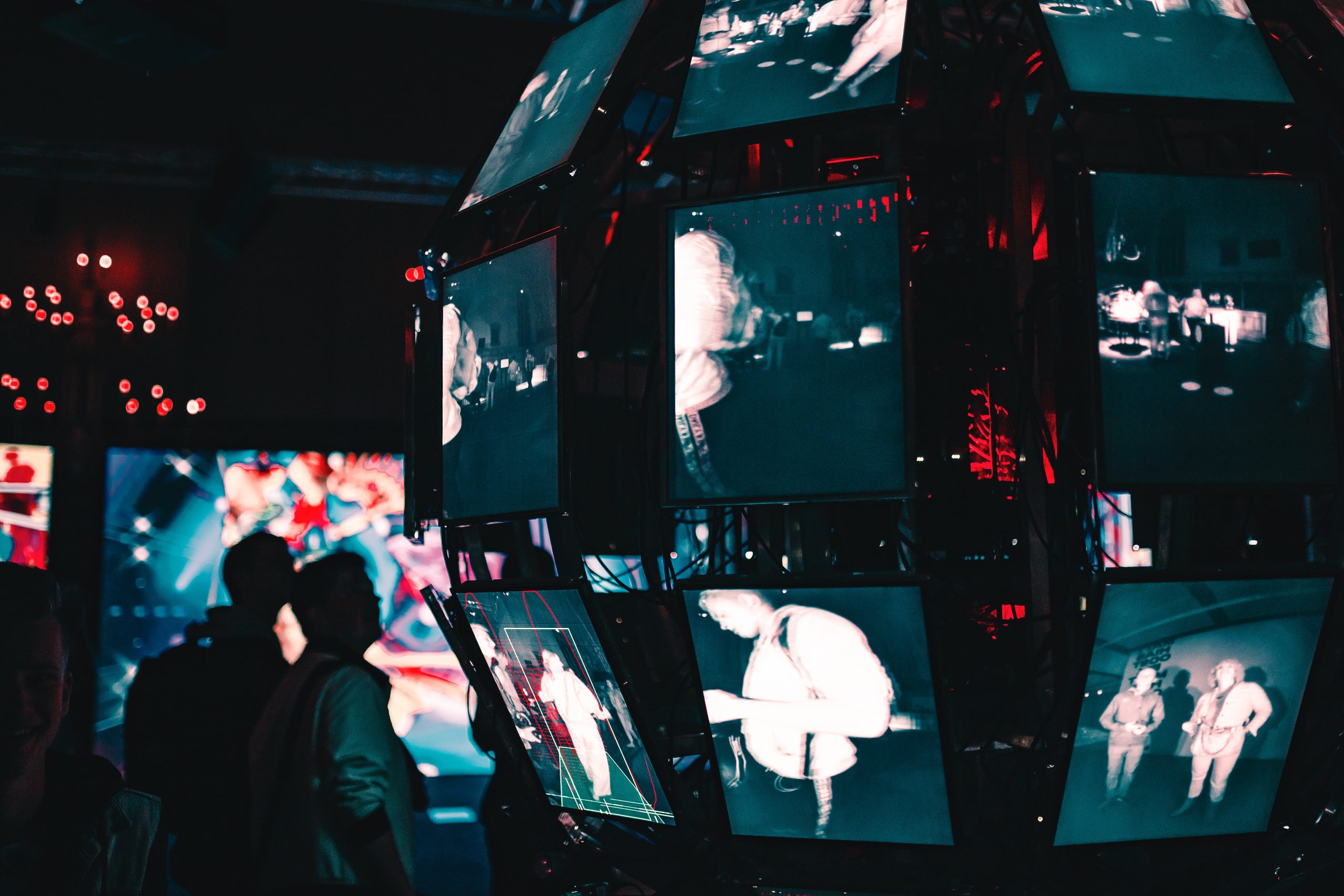The advent of AI systems poses unprecedented challenges to democratic elections, as they enable the creation and dissemination of increasingly sophisticated fake news and deep fakes, making it difficult to detect and combat false information in real time.
In the era of social media, democratic elections have faced significant hurdles in combating the spread of false information. However, with the emergence of AI systems, these challenges will escalate to new heights. The potential impact of AI-powered fake news and deep fakes on the democratic process is alarming, as they can mislead voters based on false information and undermine the integrity of elections.
One of the major concerns is the ease with which AI systems can generate highly convincing fake news articles, images, videos, and audio clips. These manipulations can be disseminated rapidly across social media platforms, reaching millions of users in a matter of seconds. The 2016 United States presidential election serves as a stark reminder of the power of false information. Various studies have shown that false news stories outperformed real news stories on social media platforms, potentially swaying voters' opinions.
The use of deep fakes, which are AI-generated videos or audio clips that appear remarkably authentic, poses an even greater threat to the democratic process. Deep fakes can be used to create fabricated speeches, interviews, or scandals involving political candidates, making it challenging to differentiate between real and manipulated content. In 2019, a deep fake video of the Belgian prime minister went viral, showcasing the potential for malicious actors to exploit this technology during elections.
The ability to detect and counteract AI-generated false information in real time is an immense challenge for democratic institutions. Traditional fact-checking methods often fail to keep pace with the rapid dissemination of fake news, leading to misinformation spreading unchecked. AI systems can manipulate content on a scale and with a speed that surpasses the capabilities of human fact-checkers, making it nearly impossible for individuals to discern truth from falsehood.
Furthermore, AI systems continuously evolve and improve, allowing them to refine their manipulation techniques, making it increasingly difficult for detection algorithms to identify fabricated content. Even sophisticated detection mechanisms struggle to keep up with the advancements in AI-generated fake news, leaving democracies vulnerable to the manipulation of public opinion during crucial election periods.
Recent elections worldwide have demonstrated the impact of false information propagated through social media platforms. The 2018 Brazilian presidential election witnessed an onslaught of false information targeting various candidates. Misleading stories and manipulated images were shared widely on social media, causing significant confusion among voters. Similarly, in the 2019 Indian general elections, false narratives and doctored videos flooded social media platforms, influencing voter perceptions.
The consequences of failing to address the challenges posed by AI systems in democratic elections are profound. Misinformation can erode trust in democratic processes, manipulate public opinion, and lead to political polarization. To preserve the integrity of elections, democratic societies must adapt and proactively address these threats.
To mitigate the risks associated with AI-generated false information, collaboration between technology companies, governments, and civil society is crucial. Developing robust AI detection algorithms, promoting media literacy, and implementing transparency initiatives are steps in the right direction. Additionally, legislation and regulations should be enacted to hold platforms accountable for the spread of false information during election periods.
However, it is important to note that while AI systems present challenges, they also offer potential solutions. Advanced AI algorithms can be employed to counteract misinformation, identify deep fakes, and aid in the verification of content. Harnessing AI for positive applications, coupled with comprehensive safeguards, can help democratic societies adapt to the evolving landscape and preserve the integrity of elections.
In conclusion, the transformative power of AI systems presents significant challenges to democratic elections.










Trackbacks and Pingbacks